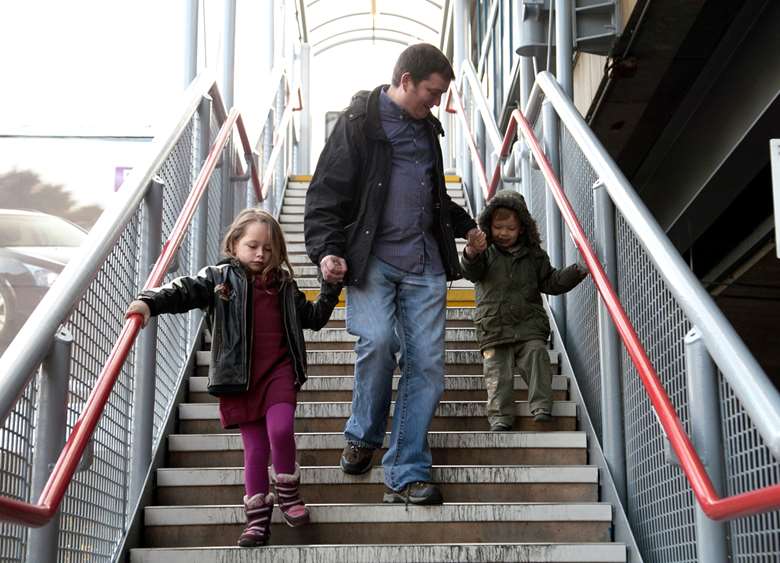In Focus: Families@30
4Children
Tuesday, March 5, 2013

Insight: 4Children – 30 years of supporting families
From its inception, 4Children has engaged with the shifting nature of modern family life – starting in 1983 as the National Out of School Alliance.
In a period where the numbers of women in the workforce was on the rise, it helped parents, schools, local authorities and employers come together to develop new provision for families with school-aged children.
In the 90s, the National Out of School Alliance became the Kids’ Club Network, before finally becoming 4Children in the new millennium.
This year 4Children is 30 years old, and throughout that time has been at the forefront of recognising and understanding the changing shape of British families and making the case for services and support to keep up.
By Anne Longfield, chief executive of 4 Children
In Depth: It’s time to finish the family revolution
In a lecture delivered in February as part of 4Children’s Families@30 lecture series, liberal writer, policymaker and former adviser to Nick Clegg, Richard Reeves, opened up a debate about the future of family life. He argued that the social revolution of the 1970s that saw women joining the workforce in their droves has created a fundamental imbalance in family life that must be addressed in order for modern families to flourish.
The lecture, entitled “The Symmetrical Family”, made the point that the major demographic shift created by the changing role of women should be matched with an equivalent shift in the role of men.
Reeves said that many women today are managing two roles, both paid work and caring for the home and family, while men still largely have one – that of paid work – or in some cases no role at all. By addressing this imbalance and moving towards families in which men and women can share, on equal terms, the tasks of breadwinning and childrearing, Reeves claimed that families can become more sustainable and that a number of major social problems can be addressed, including the increasing challenge around work-life balance; the continued lack of affordable and flexible childcare; and the increasing gap in the life chances of children emerging from the most successful and the least successful families.
The debate raises important questions, such as: how can we support more fathers to be actively engaged? How can we win the business argument with employers about the benefits of widening family-friendly working? How can the state and public services ensure that they support a symmetrical approach – which doesn’t make gendered assumptions about which parent is the primary carer in a family? And, how can we in particular support families where parents are no longer co-habiting to practice continued shared parenting?
It is clear that achieving greater family symmetry will not be quick or easy and it is not something that can be mandated from Whitehall. Entrenched social attitudes run deep, but Reeves has set out a compelling case for finishing the family revolution.
For further information about the Families@30 lecture series or to read “The Symmetrical Family” visit www.4Children.org.uk
In Figures
In 1989, a third of men agreed with the statement “a man’s job is to earn money; a woman’s job is to look after the home and family’’. Today, just one in six do.
Source: British Social Attitudes Survey (1989; 2012) National Centre for Social Research
The employment rate for women aged 16 to 59 rose from 56% in 1971 to 73% in 2004.
Source: Labour Force Survey, Office for National Statistics
23% of children are now being raised by a lone parent, compared to 14% in 1985.
Source: Office for National Statistics
In 2004, 89% of employed people said there have been times when they felt too tired after work to enjoy things at home.
Source: Office for National Statistics
A 2005 report found that women in full-time employment spend nearly 30% more time on childcare every day than men in full-time employment.
Source: Money, Money Money: Is it Still a Rich Man’s World? Bellamy and Rake (2005), The Fawcett Society
In 2008, 38% cent of women with dependent children worked part-time compared with 22% of those without dependent children. Only 4% of men with dependent children and 7% of men without dependent children worked part-time.
Source: Office for National Statistics




